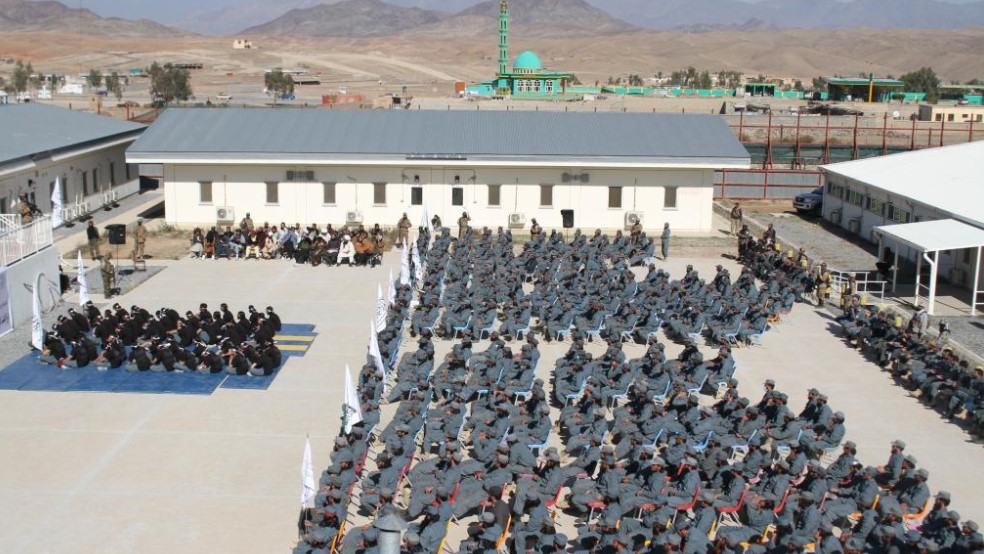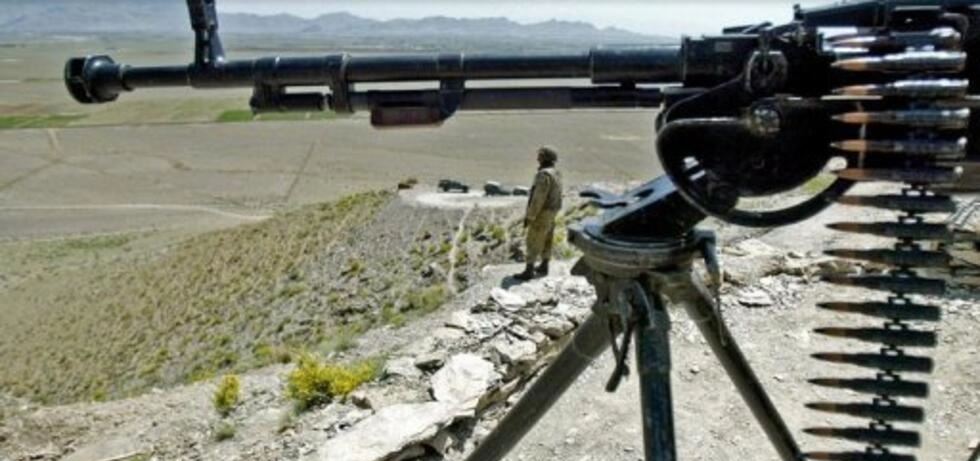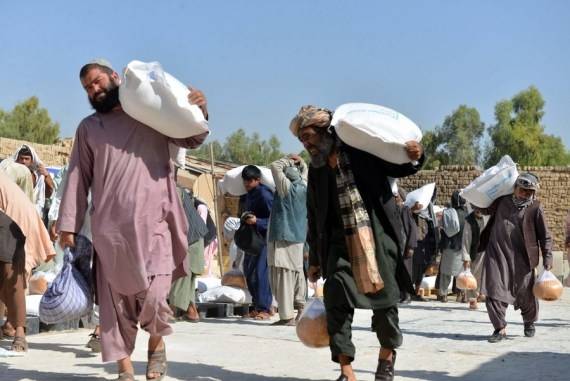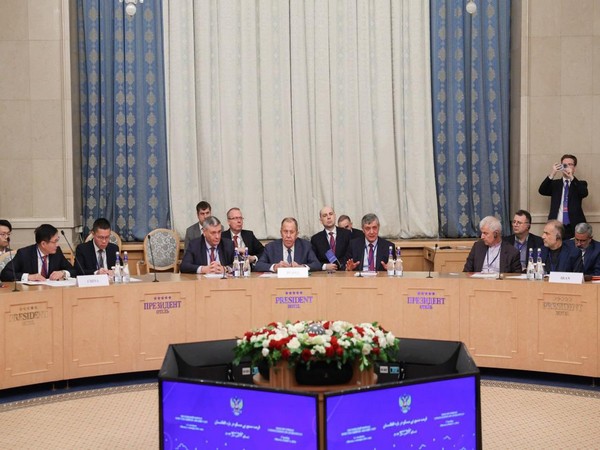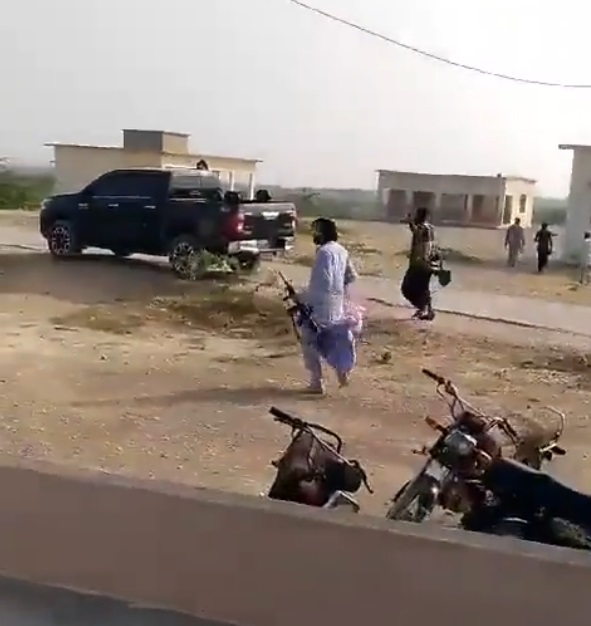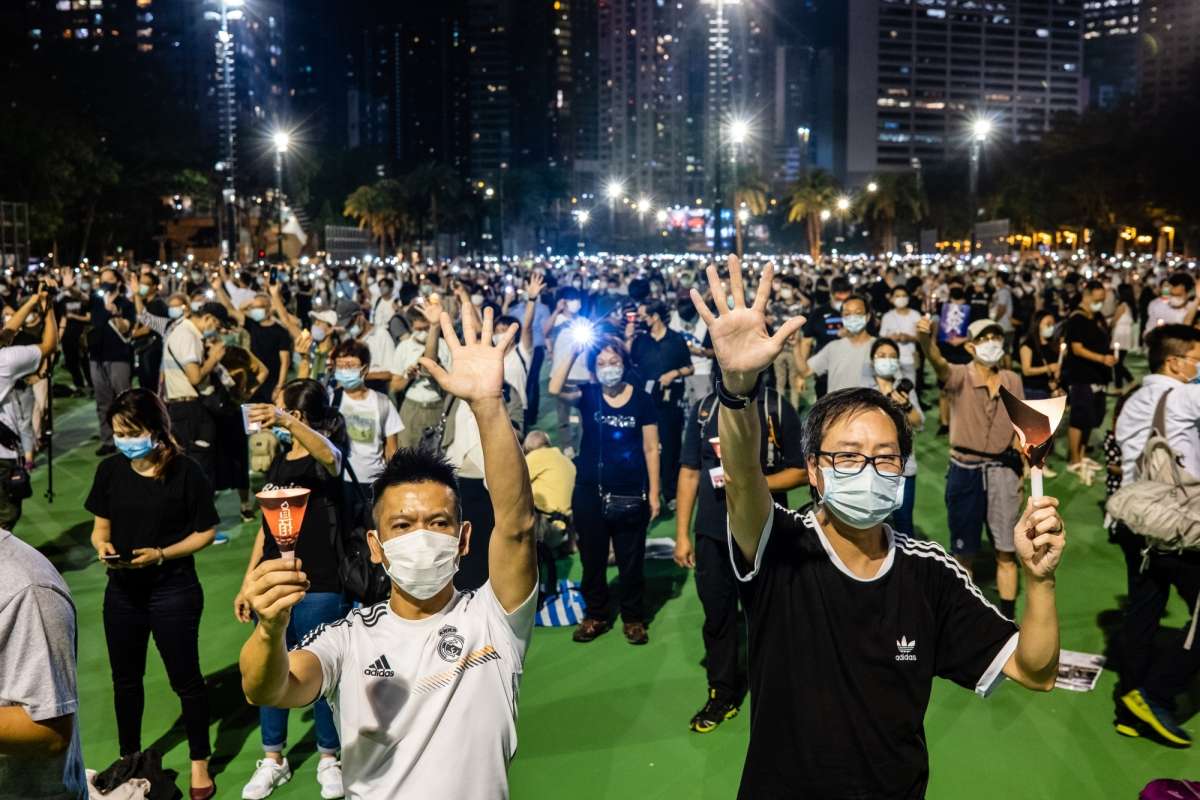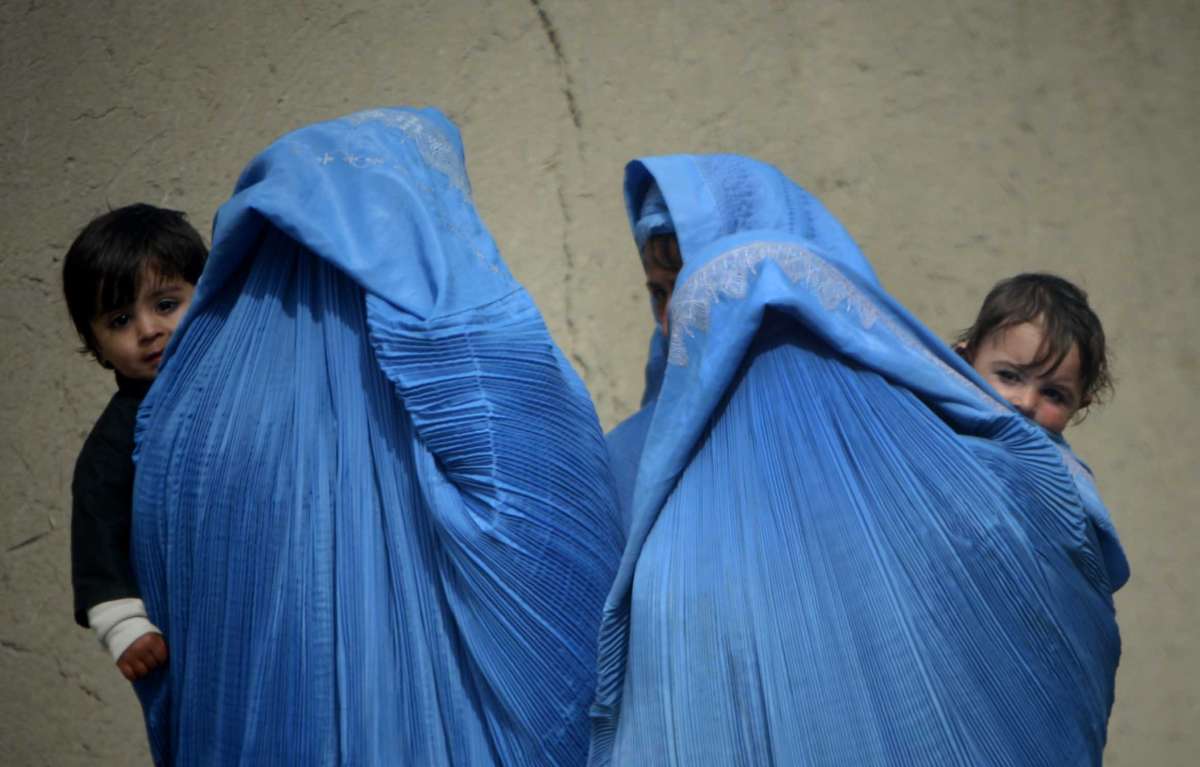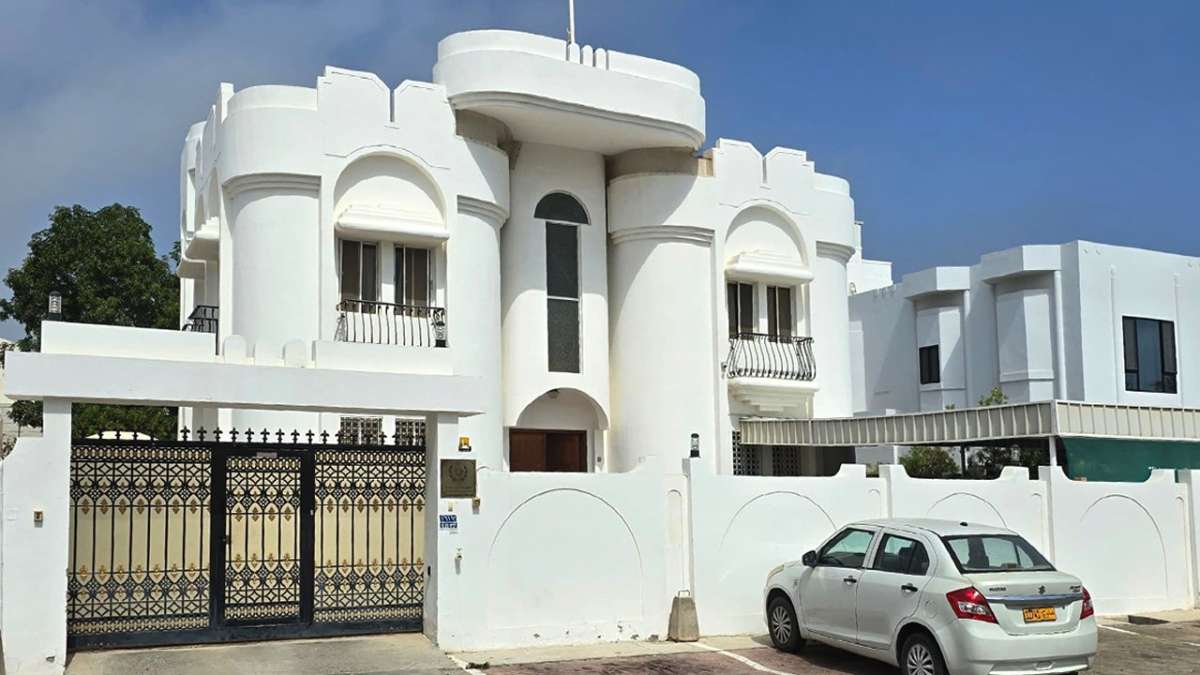According to a criminal complaint filed today, Nasir Ahmad Tawhedi, 27, conspired and attempted to provide material support to ISIS…reports Asian Lite News
The United States Justice Department on Tuesday (local time) announced charges against a citizen of Afghanistan residing in Oklahoma City, Oklahoma, for conspiring to conduct an Election Day terrorist attack in the United States on behalf of the Islamic State of Iraq and al-Sham (ISIS), a designated foreign terrorist organization (FTO).
According to a criminal complaint filed today, Nasir Ahmad Tawhedi, 27, conspired and attempted to provide material support to ISIS and obtained firearms and ammunition to conduct a violent attack on US soil in the name of ISIS, US Department of Justice said in a statment.
As part of the plot, the defendant allegedly took steps to liquidate his family’s assets, resettle members of his family overseas, acquire AK-47 assault rifles and ammunition, and commit a terrorist attack in the United States.
“As charged, the Justice Department foiled the defendant’s plot to acquire semi-automatic weapons and commit a violent attack in the name of ISIS on US soil on Election Day,” said Attorney General Merrick B Garland. “We will continue to combat the ongoing threat that ISIS and its supporters pose to America’s national security, and we will identify, investigate, and prosecute the individuals who seek to terrorize the American people. I am deeply grateful to the public servants of the FBI, National Security Division, and US Attorney’s Office for the Western District of Oklahoma for their work to disrupt this attack and for the work they do every day to protect our country,” the statement mentioned.
“This defendant, motivated by ISIS, allegedly conspired to commit a violent attack, on Election Day, here in our homeland,” said FBI Director Christopher Wray. “I am proud of the men and women of the FBI who uncovered and stopped the plot before anyone was harmed. Terrorism is still the FBI’s number one priority, and we will use every resource to protect the American people.”
“Thanks to the relentless efforts of the FBI, National Security Division’s Counterterrorism Section, and federal prosecutors in my office, the alleged plan to commit an attack on Election Day was disrupted and Tawhedi was arrested,” said US Attorney Robert J Troester the Western District of Oklahoma. “Fighting terrorism remains the top priority of the Justice Department. We will continue to pursue, disrupt, and hold accountable those who plot to commit acts of terrorism against our country and our people.”
According to the criminal complaint, as part of the investigation into Tawhedi, the FBI searched Tawhedi’s phone and obtained communications between Tawhedi and a person who facilitated recruitment, training, and indoctrination of persons who expressed interest in terrorist activity and who Tawhedi understood to be affiliated with ISIS.
According to the official statment, Tawhedi was also seen in a video recorded on July 20 reading two children’s text that describes the rewards a martyr receives in the afterlife.
“Tawhedi also allegedly accessed, viewed, and saved ISIS propaganda on his iCloud and Google accounts, participated in pro-ISIS Telegram groups and contributed to a charity which fronts for and funnels money to ISIS,” the statment added.
The complaint alleges that while liquidating their family’s assets prior to the attack, Tawhedi and his co-conspirator, who is a juvenile, advertised the sale of the family’s personal property on Facebook.
At the FBI’s direction, a confidential human source responded to inquire if a computer was still for sale. The FBI source noted that he needed the computer for a new gun business he was starting, which ultimately led Tawhedi and the juvenile to meet with the source and other FBI assets at a rural location to test firearms. Tawhedi expressed interest in purchasing two AK-47 assault rifles, magazines, and ammunition from the source.
As per the statement, on October 7, Tawhedi and the juvenile met with the FBI assets at a rural location in the Western District of Oklahoma and purchased, received, and took possession of two AK-47 assault rifles, ten magazines, and 500 rounds of ammunition. Upon receipt of the rifles and ammunition, Tawhedi and the juvenile were arrested.
In his seized communications, Tawhedi allegedly indicated that his attack was planned for Election Day, and in a post-arrest interview, Tawhedi allegedly confirmed the attack was planned for Election Day targeting large gatherings of people, during which he and the juvenile were expected to die as martyrs.
Tawhedi was charged with conspiring and attempting to provide material support to ISIS, which carries a maximum prison sentence of 20 years, and receiving a firearm to be used to commit a felony or a federal crime of terrorism, which carries a maximum prison sentence of 15 years if convicted, as per US stated department of Justice.
The case is being investigated by the FBI Oklahoma City Field Office, with valuable assistance from the Oklahoma City Police Department and the Moore, Oklahoma Police Department.
Assistant US Attorneys Jessica L Perry, Matt Dillon, and Mark Stoneman for the Western District of Oklahoma and Trial Attorneys George C Kraehe and Everett McMillian of the National Security Division’s Counterterrorism Section are prosecuting the case.
A criminal complaint is merely an allegation. All defendants are presumed innocent until proven guilty beyond a reasonable doubt in a court of law. (ANI)
ALSO READ: Harris holds slight edge over Trump

